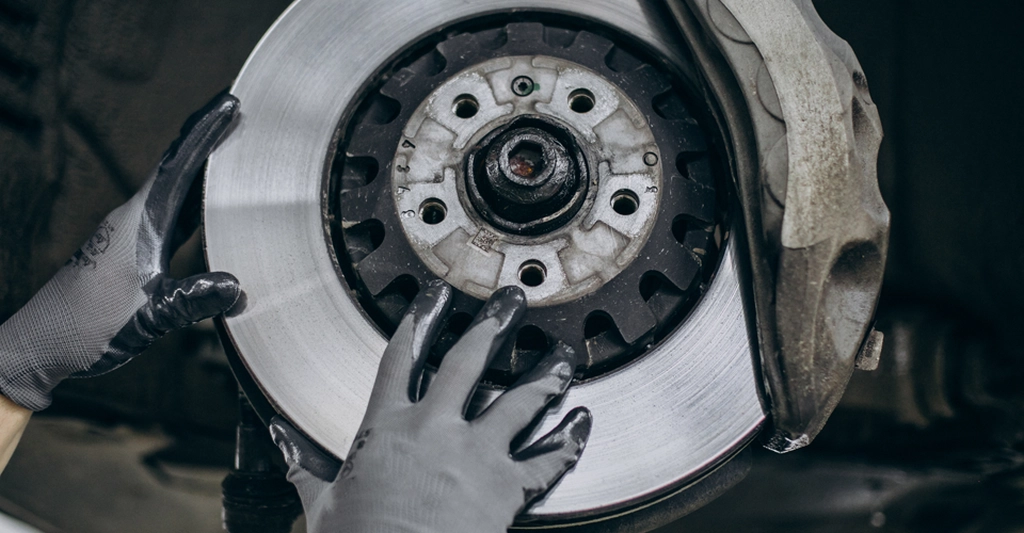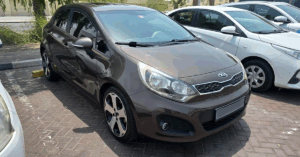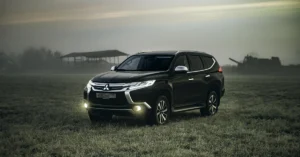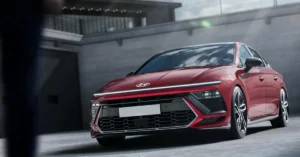When you press the brake pedal, you expect your car to stop smoothly and safely. But if you’re gripping the steering wheel every time you slow down wondering if you’ll stop in time, it’s probably time to inspect your brakes.
Brakes are your vehicle’s most important safety feature. In a place like the UAE where high-speed highways, desert dust, and intense heat are the norm, keeping your brakes in top shape isn’t just recommended it’s essential. Whether you’re driving through Abu Dhabi traffic or heading up to Ras Al Khaimah for the weekend, your brake system needs to be responsive and reliable.
Let’s break down the top signs that your car needs new brakes, how to check them, and what happens if you don’t.
Why Brake Maintenance Matters ?
Your brake system works by using hydraulic pressure to push brake pads against rotors or drums, generating friction that slows your car. Every component pad, rotors, callipers, hoses, and fluid must work in perfect harmony. If one part fails, your safety is at risk.
In the UAE’s extreme climate, brakes tend to wear out faster due to:
- High driving speeds on highways like E311 or E611
- Frequent stop-start traffic in city centres
- Brake pad contamination from desert dust and sand
- High ambient temperatures that overheat braking components
That’s why regular brake checks should be a part of your car care routine especially before road trips or summer driving.
Common Signs Your Car Needs New Brakes
Here are the most common symptoms that point to brake problems. If you notice any of these, get your brakes inspected ASAP:
1. Screeching or Squealing Noise
That high-pitched noise you hear when braking? It’s usually caused by the brake pad wear indicator a small metal tab that makes contact with the rotor when your pads are nearly worn out. It’s your car’s way of asking for new pads.
2. Grinding Sounds
If you hear a harsh grinding noise, the pads might be completely worn down, and now metal is rubbing against metal. This not only ruins your rotors but also reduces your ability to stop safely.
3. Vibration When Braking
If your car shakes or vibrates when you brake, it could be due to warped rotors or uneven brake pad wear. You might feel it through the brake pedal or even the whole vehicle.
4. Steering Wheel Shaking
If the steering wheel wobbles side-to-side while braking, it’s likely an issue with the front brake rotors or callipers. Left unchecked, this can affect your control especially at high speeds.
5. Longer Stopping Distance
This one’s critical. If your car takes noticeably longer to stop, your brakes aren’t generating enough friction. Worn-out pads or low brake fluid could be the culprit.
6. Brake Warning Light
Many modern vehicles have electronic sensors that trigger a dashboard warning when the pads are worn or when brake fluid is low. Don’t ignore it it’s a signal something needs attention.
7. Soft or Spongy Brake Pedal
If the pedal feels unusually soft or needs to be pressed all the way to the floor, you could be dealing with air in the brake lines or a brake fluid leak.
8. Burning Smell After Braking
A strong chemical or burning smell, especially after heavy braking (like driving down Jebel Hafeet), could indicate overheated brakes or a seized calliper.
9. Car Pulls to One Side When Braking
This could mean uneven brake pad wear, a stuck calliper, or issues with your brake hoses.
10. Fluid Leaks Near the Wheels
Brake fluid leaks are serious. If you see clear to amber-coloured fluid near the wheels or under the car, have your system checked immediately.
What Happens If You Ignore Brake Problems?
Putting off brake service might save time today but it can cost you much more tomorrow.
- Worn pads can damage rotors – turning a simple pad change into an expensive brake job.
- Damaged rotors strain the callipers – which can lead to full brake system failure.
- Soft braking increases accident risk – especially in sudden stops on the Sheikh Zayed Road or slippery desert roads.
In short: delaying brake service compromises your safety, your passengers, and everyone on the road.
How Often Should You Replace Your Brakes?
It depends on your driving habits. Some cars go 60,000 km on a set of pads, while others might need them at 20,000 km especially in hot climates like the UAE. High-speed driving, towing, and city traffic all contribute to faster wear.
A good rule of thumb? Inspect your brakes every time you change your oil or at least every 10,000 km.
Need Brake Service in the UAE? Trust MotorHub.
At MotorHub, we understand how critical safe braking is especially on UAE roads. Whether you’re in Dubai, Sharjah, or Al Ain, our expert mobile mechanics can come to your location to inspect, repair, or replace your brakes on the spot.



